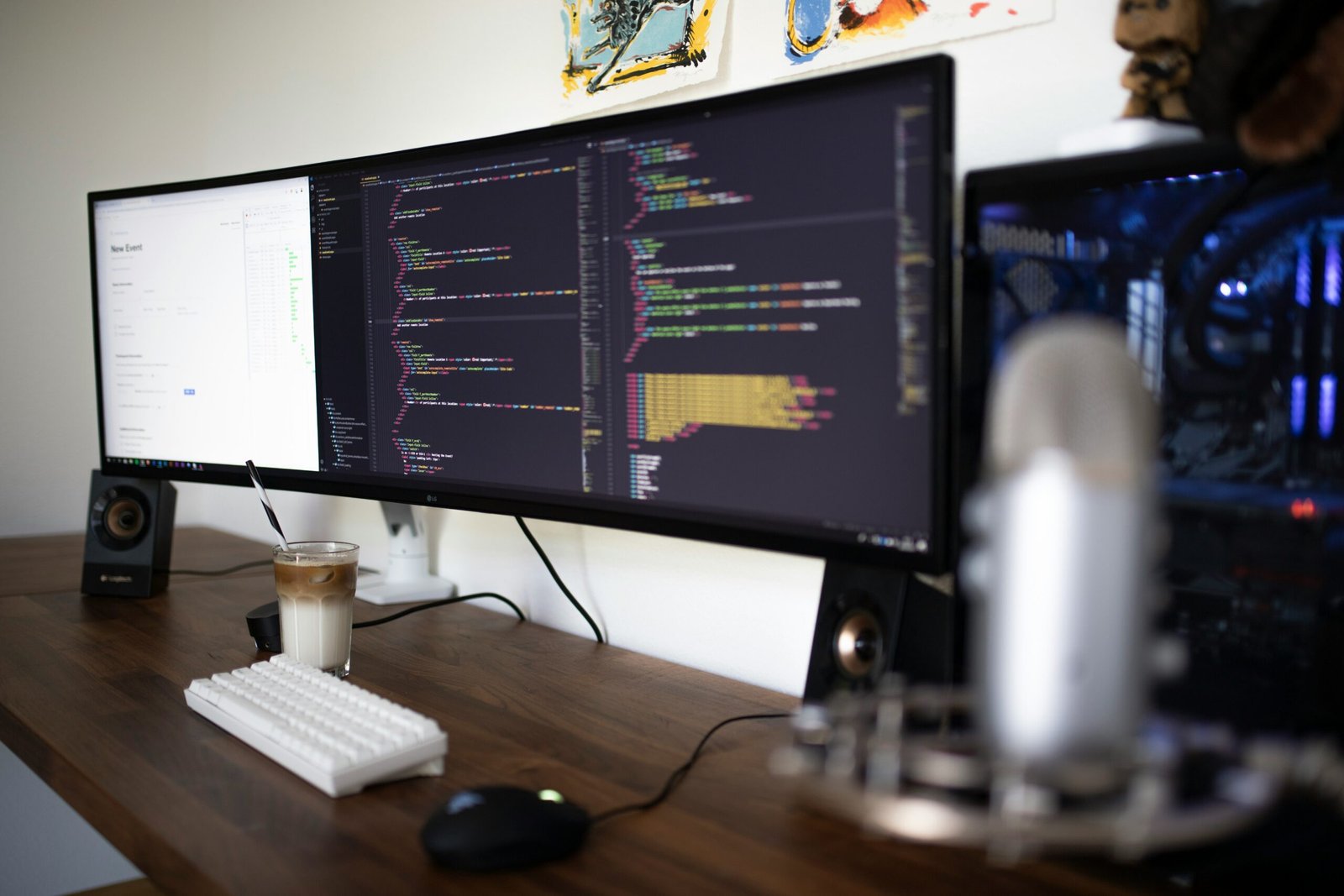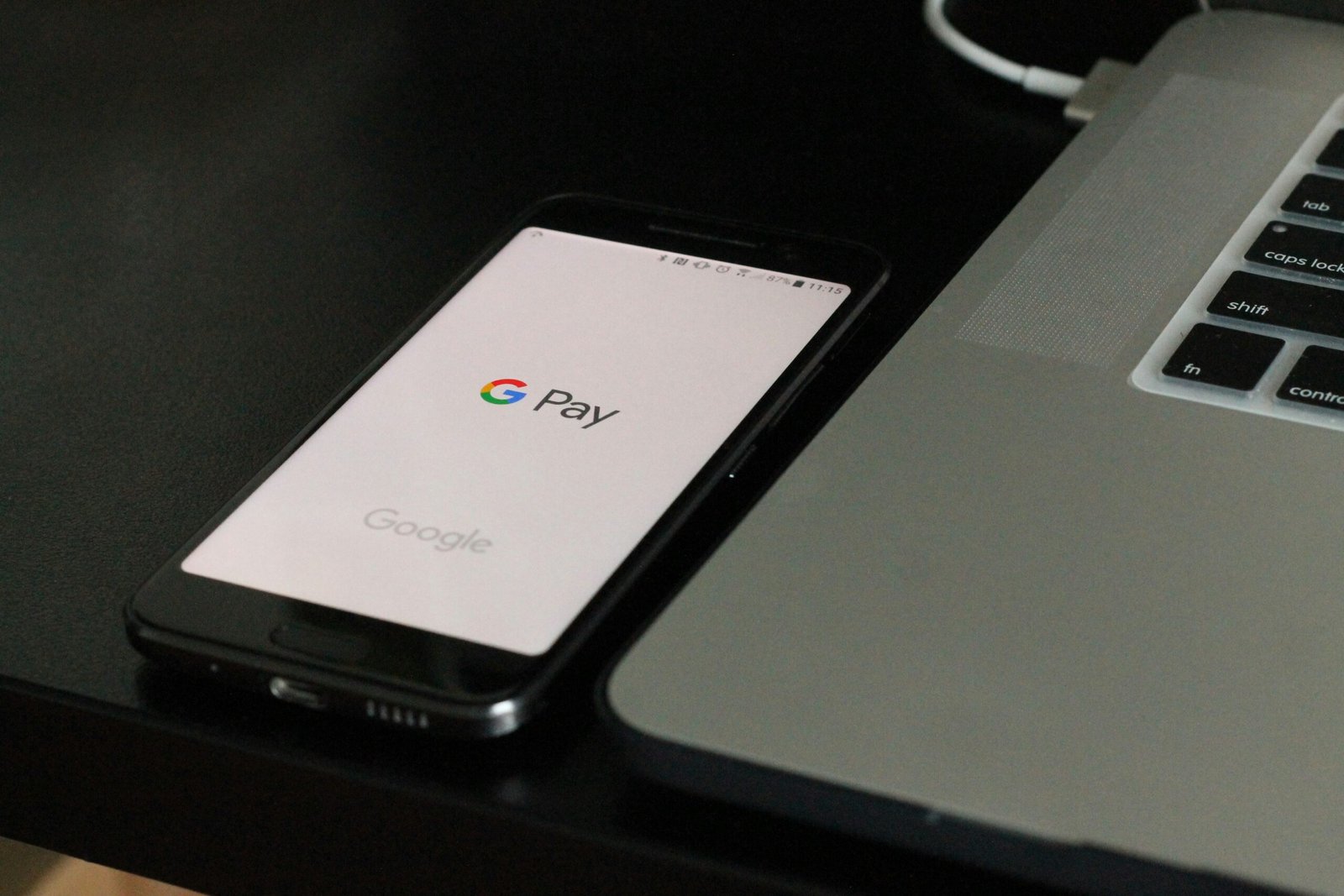
Photo by <a href="https://unsplash.com/@olafval" rel="nofollow">Olaf Val</a> on <a href="https://unsplash.com/?utm_source=hostinger&utm_medium=referral" rel="nofollow">Unsplash</a>
Tips for Successful Mobile App Development
Mobile app development has become an essential part of our lives, with millions of apps available for download on various app stores. If you are planning to venture into the world of mobile app development, here are some tips and tricks to help you succeed:
1. Define Your App’s Purpose
Before you start developing your mobile app, it is crucial to define its purpose. Ask yourself what problem your app will solve or what value it will provide to its users. Understanding your app’s purpose will help you stay focused throughout the development process and ensure that your app meets the needs of your target audience.
2. Research Your Target Audience
Knowing your target audience is key to developing a successful mobile app. Conduct thorough research to understand their demographics, preferences, and pain points. This information will guide you in designing a user-friendly interface and creating features that resonate with your target audience.
3. Plan Your App’s User Experience
User experience (UX) plays a vital role in the success of a mobile app. Plan your app’s UX by creating wireframes and prototypes to visualize the user journey. Consider the flow of the app, ease of navigation, and the overall look and feel. A well-designed and intuitive user experience will keep users engaged and increase the chances of app success.
4. Choose the Right Development Approach
When it comes to mobile app development, there are two main approaches: native and cross-platform. Native app development involves building separate apps for each platform (iOS and Android), while cross-platform development allows you to create a single app that works on multiple platforms. Consider the pros and cons of each approach and choose the one that best suits your app’s requirements and target audience.
5. Test, Test, Test
Testing is a crucial part of the mobile app development process. Conduct thorough testing to identify and fix any bugs or issues before launching your app. Test the app on different devices, operating systems, and screen sizes to ensure compatibility and a seamless user experience. User feedback and beta testing can also provide valuable insights for further improvements.
6. Optimize Your App for Performance
Performance optimization is essential for a successful mobile app. Users expect fast and responsive apps, so make sure your app loads quickly and performs well. Optimize your app’s code, minimize the use of memory and processing power, and implement caching techniques to improve performance. Regularly monitor your app’s performance and make necessary optimizations based on user feedback and analytics.
7. Implement App Store Optimization (ASO)
App Store Optimization (ASO) is the process of optimizing your app’s visibility and ranking on app stores. Research relevant keywords and incorporate them naturally in your app’s title, description, and tags. Include high-quality screenshots and videos to showcase your app’s features. Encourage positive user reviews and ratings to improve your app’s credibility and visibility in app store search results.
8. Keep Up with the Latest Trends
The mobile app development landscape is constantly evolving, with new technologies and trends emerging regularly. Stay updated with the latest industry trends, such as augmented reality (AR), virtual reality (VR), and machine learning (ML). Incorporating these technologies into your app can give you a competitive edge and attract more users.
Conclusion
Mobile app development can be a challenging and rewarding journey. By following these tips and tricks, you can increase your chances of success and create a mobile app that stands out in the crowded app marketplace. Remember to define your app’s purpose, research your target audience, plan your app’s user experience, choose the right development approach, test rigorously, optimize for performance, implement ASO, and stay updated with the latest trends. Good luck with your mobile app development journey!





